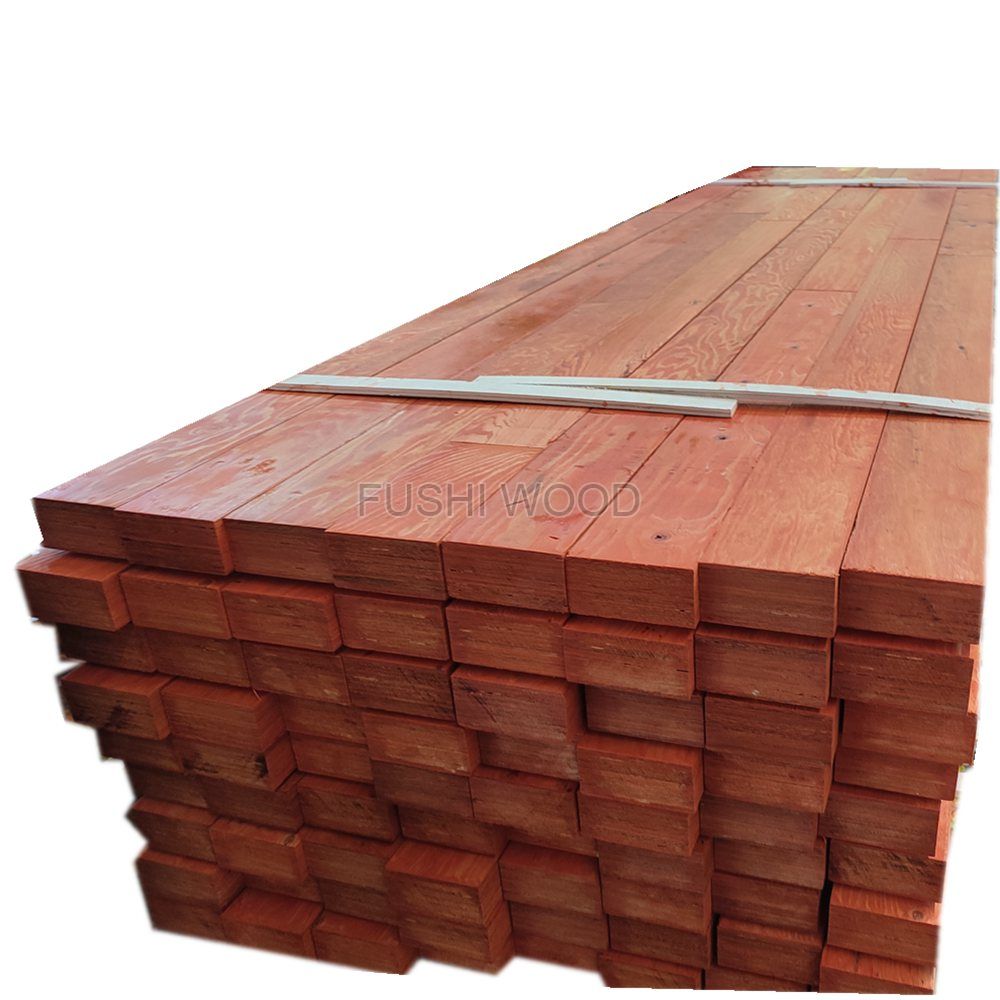Navigating the Spectrum of LVL Beam Grades
Laminated Veneer Lumber, commonly known as LVL, has emerged as a versatile and robust material in modern construction and engineering projects. With its exceptional strength, durability, and reliability, LVL beams have gained popularity in various applications, from residential structures to commercial buildings. One of the critical factors that contribute to the performance of LVL beams is their grade classification. In this article, we will explore the different grades of LVL beams and shed light on their unique characteristics and applications.
Understanding LVL Grades
LVL beams are graded based on a set of criteria that assess their mechanical properties and suitability for specific purposes. These grades are determined through rigorous testing and analysis, ensuring that each LVL beam meets the required standards and performance expectations.
Construction and Industrial Grades: These are the most common grades of LVL beams and are suitable for a wide range of applications. Construction-grade LVL beams are designed for general framing, load-bearing walls, headers, and floor beams. Their reliable strength and dimensional stability make them a go-to choice in residential and light commercial projects. Industrial-grade LVL beams, on the other hand, are used in more robust applications such as heavy-duty beams, columns, and trusses in commercial and industrial constructions.
Scaffold Plank Grade: Waterproof LVL beams under this grade are specifically engineered to withstand the demands of scaffolding applications. Their enhanced load-bearing capacity and resistance to bending and twisting make them ideal for creating safe and stable work platforms in construction and maintenance projects.

Formwork Grade: Formwork-grade LVL beams are crafted to endure the pressure and stress associated with concrete formwork systems. These beams are designed to provide consistent support and maintain their structural integrity during concrete pouring and curing processes.
Packing Grade: LVL beams categorized as packing grade find their use in packaging and transportation industries. They offer excellent load-bearing capabilities and are often used as support structures for heavy crates and pallets.
Furniture Grade: LVL beams with a furniture-grade classification are selected for their aesthetic qualities as well as structural strength. These beams are often used in crafting high-quality furniture pieces where both visual appeal and durability are essential.
Applications and Considerations
The choice of LVL grade depends on the specific requirements of the project and the expected load-bearing capacity. For residential constructions, construction-grade LVL beams are commonly used for framing, headers, and floor beams. In contrast, industrial-grade LVL beams find their place in larger commercial projects that demand higher load-bearing capabilities.
Scaffold plank-grade LVL beams ensure worker safety in construction and maintenance projects that involve elevated work platforms. Formwork-grade LVL beams play a crucial role in maintaining the stability of concrete formwork structures during the casting and curing process.
For industries, packing-grade LVL beams contribute to the safe transportation of heavy and delicate goods, while furniture-grade LVL beams merge functionality with aesthetics, making them suitable for crafting durable and visually appealing furniture pieces.
Conclusion
Laminated Veneer Lumber (LVL) beams come in various grades, each tailored to specific applications and performance requirements. Whether you're constructing a residential home, an industrial facility, or crafting furniture, the choice of LVL grade plays a pivotal role in ensuring structural integrity, safety, and durability. By understanding the nuances of each LVL grade, architects, engineers, and builders can confidently select the appropriate Construction LVL beams for their projects, ultimately contributing to the success and longevity of their constructions.



